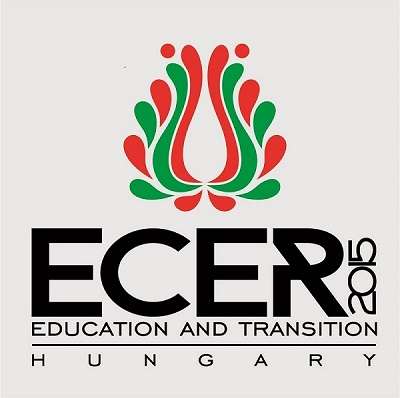Policy Studies and Politics of Education
Dr. Xavier Rambla, Associate Professor, Universitat Autònoma de Barcelona, Spain
Policy research draws on either a 'technical' or a 'political' stance. While 'technical' approaches highlight the alignment of means with goals (e.g. implementation with design, objectives and impact), 'political' approaches focus on politics or interaction between political actors. Currently, most studies look for their research questions in variable combinations of these views.
This workshop will invite participants to discuss the methods which mostly look at the rationale of policies. All of them assume that politics play a key role. Some of them aim at interpreting the texts that convey certain programmes, while other ones also inquire on the coherence and the connotations of the 'theory of change' (or the 'programme ontology'). Depending on their particular theoretical qualifications, these methods are labelled as 'post-structuralist', 'post-positivist', 'contextual' or 'realist'.
The EU Open Method of Coordination and some member states policies provide an array of case studies for the workshop. For instance, the OMC relies on a 'theory of change' concerning the connections between 'smart, sustainable and inclusive growth'. The reception of these ideas in a variety of member states has been widely researched. The traditional national concepts of school choice and the further controversies on its regulation also illustrate diverse policy rationales. Moreover, the evolution of approaches to educational inequality and exclusion (e.g. education priority zones' in France, 'attention to diversity' in Spain, 'prevention' of early school leaving in many countries, the connection between compulsory education, VET and tertiary education) shows the connections between Europeanisation and recent developments in different member states.
ECER 2015

